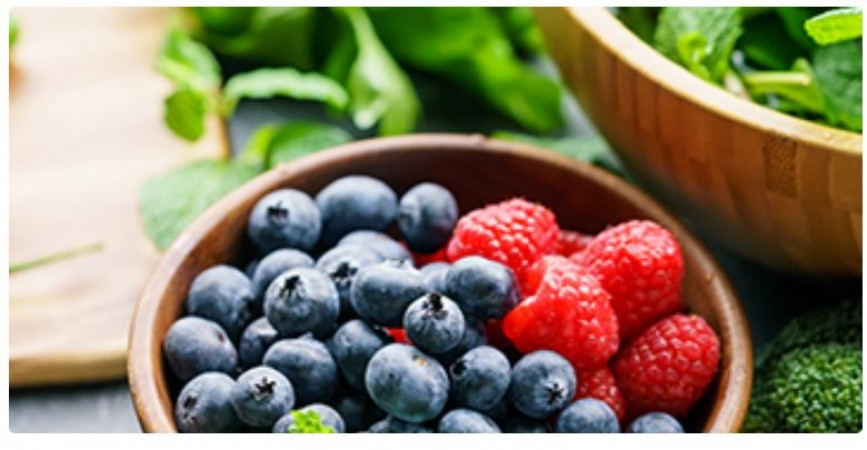
Diabetes is a chronic metabolic disorder characterized by elevated blood sugar levels. One of the primary aspects of managing diabetes is maintaining a balanced diet. While fruits are generally a healthy part of a balanced diet, some fruits can significantly impact blood sugar levels due to their natural sugars. If you have diabetes, it is crucial to be mindful of the fruits you consume. Here, it highlights some fruits that individuals with diabetes should consider limiting or avoiding to better manage their condition and promote overall health.
Grapes: Grapes are delicious and convenient to snack on, but they are also high in natural sugars and carbohydrates. These sugars can lead to a rapid spike in blood glucose levels, making them less suitable for individuals with diabetes. If you still want to enjoy grapes occasionally, it's best to consume them in small portions and pair them with a protein or healthy fat to slow down the absorption of sugar.
Mangoes: Mangoes are rich in vitamins and antioxidants, but they are also high in sugar and carbohydrates. People with diabetes should be cautious when eating mangoes as their consumption can cause a sharp increase in blood sugar levels. If you can't resist mangoes, consume them in moderation and opt for less ripe ones, as they tend to have a lower glycemic index.
Cherries: Cherries are a delightful summer fruit with a tempting sweetness, but they contain natural sugars that can cause a spike in blood sugar levels. Although they provide various health benefits, individuals with diabetes should consume cherries in small amounts and preferably as part of a balanced meal.
Pineapple: Pineapple is loved for its tropical flavor and high vitamin C content, but it is also high in sugar. The glycemic load of pineapple is significant, which means it can cause a rapid increase in blood sugar levels. People with diabetes should limit their intake of pineapple and pair it with other foods that have a lower glycemic impact.
Watermelon: Watermelon is a refreshing fruit, especially during hot weather, but it is also relatively high in natural sugars. Though it provides hydration and essential nutrients, people with diabetes should be cautious and consume watermelon in small portions to avoid spikes in blood sugar.
While fruits are an essential part of a healthy diet, managing diabetes requires paying attention to their impact on blood sugar levels. The fruits mentioned above can cause rapid spikes in blood glucose due to their natural sugar content and higher glycemic index. However, this doesn't mean you need to eliminate these fruits entirely from your diet. Moderation is the key, and it's essential to pair fruits with protein, fiber, or healthy fats to help slow down the absorption of sugars and minimize the impact on blood sugar levels.
Study finds, Increasing Omega-3 Intake May Help Protect Your Hearing